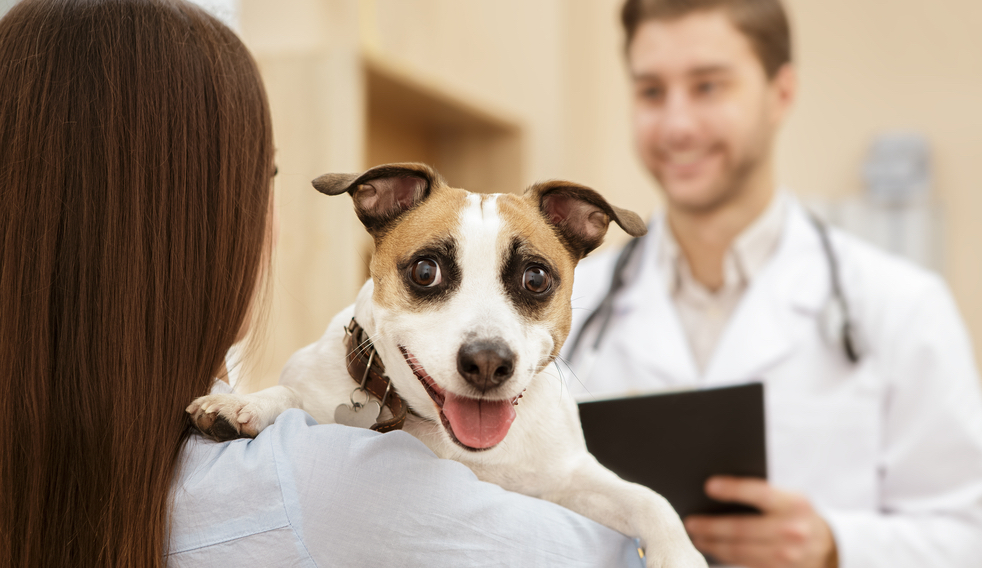
National Poison Prevention Week: Hidden Dangers Lurking in Your Home
This National Poison Prevention Week, let’s uncover the hidden dangers that may be present in your home and learn how to keep your pets safe.
Unexpected Household Hazards for Pets
Essential Oils – While these are popular for aromatherapy, many essential oils are toxic to pets, especially cats. Oils such as tea tree, eucalyptus, peppermint, and citrus can cause respiratory issues, vomiting, or even liver damage if ingested or absorbed through the skin.
Sugar-Free Gum & Toothpaste (Beyond Xylitol) – We know xylitol is dangerous, but some sugar substitutes like erythritol and sorbitol, though less toxic, can still cause stomach upset and potential blood sugar fluctuations in pets.
Bread Dough & Yeast – If your pet eats raw bread dough, the yeast can ferment in their stomach, producing ethanol (alcohol) and causing dangerous bloating, alcohol poisoning, or gastrointestinal distress.
Fabric Softener Sheets – These contain cationic detergents, which can cause drooling, vomiting, ulcers in the mouth, and severe gastrointestinal distress if chewed or swallowed.
Glow Sticks & Jewelry – While not necessarily fatal, glow stick liquid can cause excessive drooling, mouth irritation, and vomiting. Curious cats, in particular, are drawn to these and may chew on them.
Salt-Based Products – Items like homemade playdough, rock salt (used in winter de-icing), and Epsom salts can lead to serious electrolyte imbalances, tremors, or seizures when ingested in large amounts.
Air Fresheners & Plug-Ins – Many contain volatile organic compounds (VOCs) and phthalates that can cause respiratory irritation, especially in cats and birds. Overexposure can lead to long-term health issues.
Uncooked Potatoes & Green Tomatoes – These contain solanine, a natural toxin that can lead to digestive upset, weakness, or even neurological symptoms in pets.
Signs of Potential Poisoning in Pets
If your pet has been exposed to a toxin, symptoms may vary depending on the substance. Be on the lookout for:
• Excessive drooling or foaming at the mouth
• Vomiting or diarrhea
• Lethargy or weakness
• Loss of coordination or seizures
• Difficulty breathing
• Pale or yellow gums
• Tremors or muscle twitching
• Loss of appetite


What to Do If You Suspect Poisoning: Contact White Haven Veterinary Hospital Today!
If you notice any signs of poisoning or suspect your pet has ingested something toxic, do not wait. Call White Haven Veterinary Hospital immediately for guidance and emergency care. Quick action can save your pet’s life.








